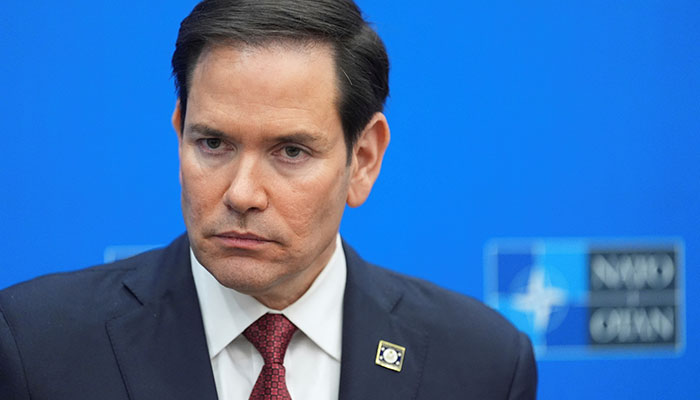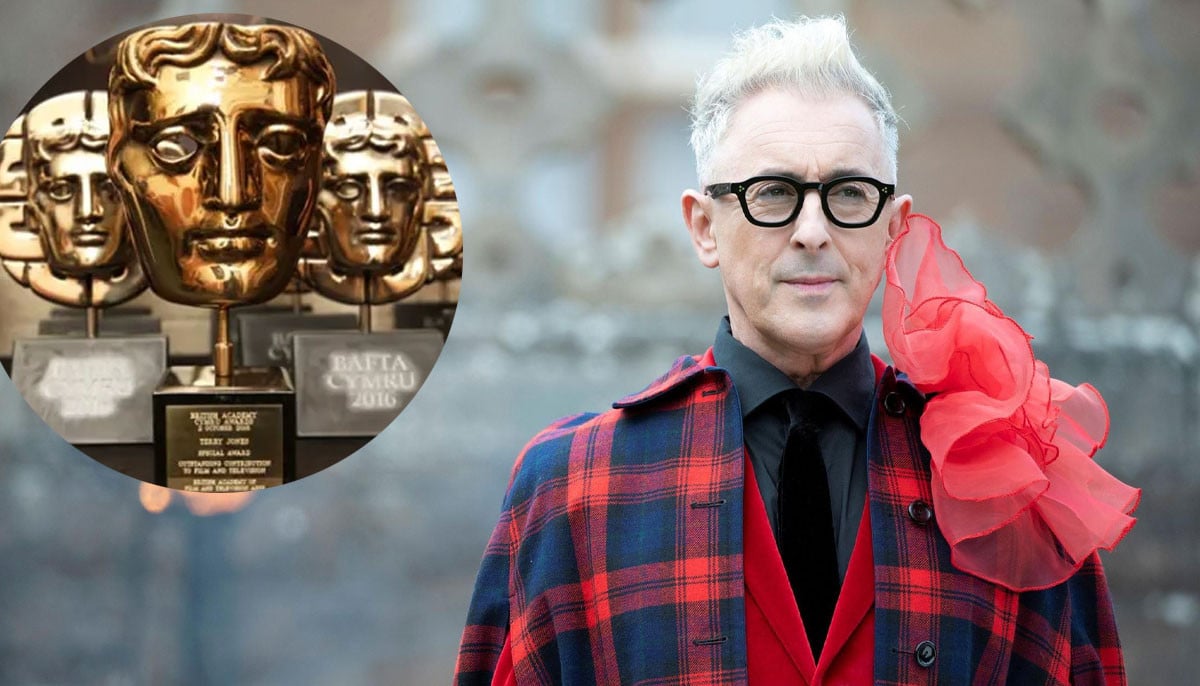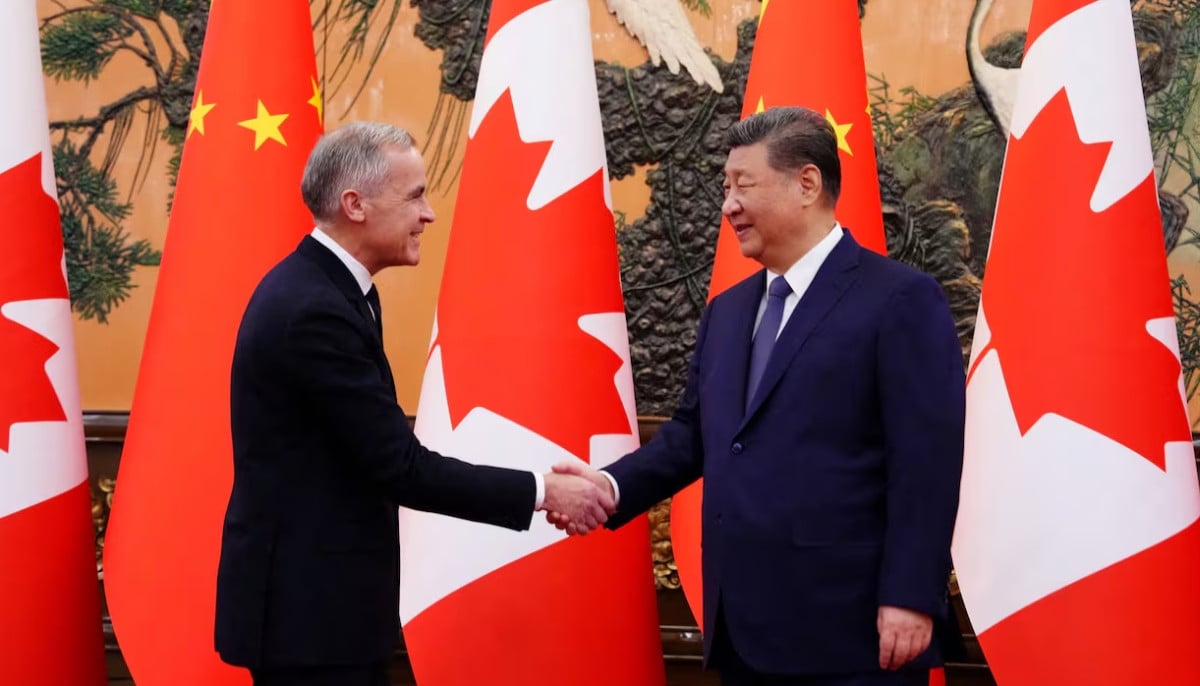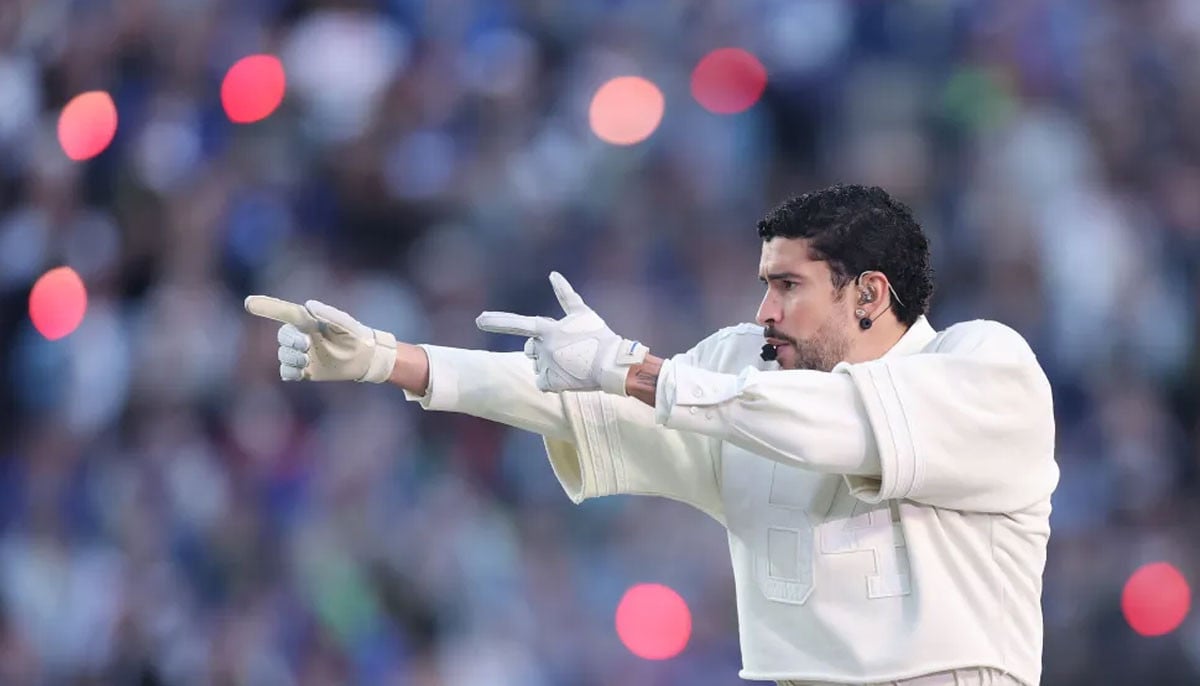US revokes all visas for South Sudan citizens over deportation dispute
Rubio says It is time for South Sudan’s transitional government to “stop taking advantage of the United States”
WASHINGTON: The US has revoked all visas for South Sudanese citizens after the country failed to take back its nationals who were deported from the United States.
US President Donald Trump’s administration has taken aggressive steps to ramp up immigration enforcement, including the repatriation of people deemed to be in the US illegally.
The administration has warned that countries that do not swiftly take back their citizens will face consequences, including visa sanctions or tariffs.
South Sudan had failed to respect the principle that every country must accept the return of its citizens in a timely manner when another country, including the US, seeks to remove them, US Secretary of State Marco Rubio said in a statement on Saturday.
“Effective immediately, the United States Department of State is taking actions to revoke all visas held by South Sudanese passport holders and prevent further issuance to prevent entry into the United States by South Sudanese passport holders,” Rubio said.
“We will be prepared to review these actions when South Sudan is in full cooperation,” he added.
It is time for South Sudan’s transitional government to “stop taking advantage of the United States,” Rubio said.
South Sudan’s embassy in Washington did not respond immediately to a request for comment.
African Union mediators arrived in South Sudan’s capital, Juba, this week for talks aimed at averting a fresh civil war in the country, after its First Vice President Riek Machar was placed under house arrest last week.
South Sudan President Salva Kiir’s government has accused Machar—a longtime rival who led rebel forces during a 2013–18 war that killed hundreds of thousands—of trying to stir up a new rebellion.
Machar’s detention followed weeks of fighting in the northern Upper Nile state between the military and the White Army militia. Machar’s forces were allied with the White Army during the civil war but deny any current links.
The 2013–18 war was fought largely along ethnic lines, with fighters from the Dinka—the country’s largest group—lining up behind Kiir, and those from the Nuer, the second-largest group, supporting Machar.
-
Alan Cumming shares plans with 2026 Bafta Film Awards
-
OpenClaw founder Peter Steinberger hired by OpenAI as AI agent race heats up
-
Chinese New Year explained: All you need to know about the Year of the Horse
-
Canadian passport holders can now travel to China visa-free: Here's how
-
Edmonton weather warning: Up to 30 cm of snow possible in parts of Alberta
-
ICE agents 'fake car trouble' to arrest Minnesota man, family says
-
China confirms visa-free travel for UK, Canada nationals
-
Bad Bunny's star power explodes tourism searches for his hometown












